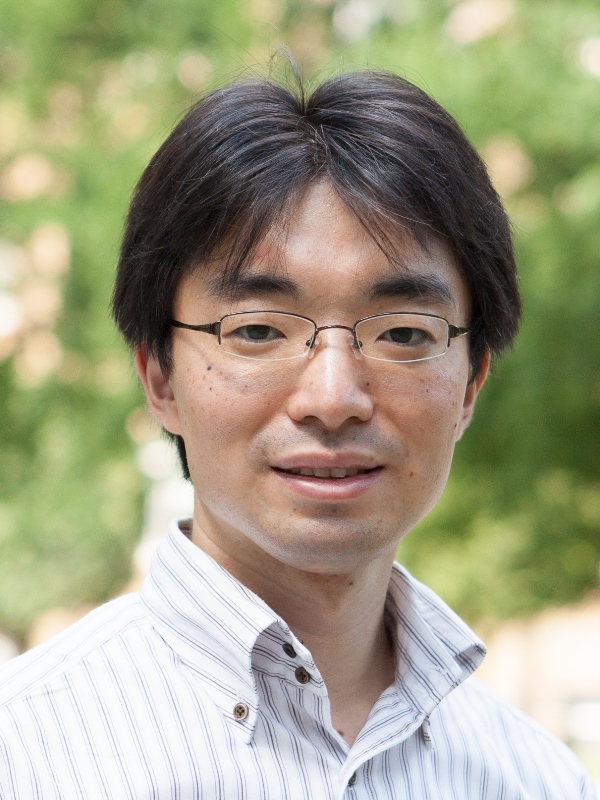Associate professor Hirokazu Sugiyama

Associate Professor Hirokazu Sugiyama
Department of Chemical System Engineering
University of Tokyo, Japan
Title: Process Systems Engineering for Pharmaceutical Process Design and Operation
Abstract: This keynote lecture will explore the roles of process systems engineering (PSE) in the design and operation of pharmaceutical manufacturing processes. The basis of the talk is the recent research outcomes of the presenter’s team, which has been tackling various topics in small molecules, biopharmaceuticals, and regenerative medicine manufacturing. For small molecules, continuous manufacturing of solid drug is studied as an alternative to the conventional batch technology. Economic assessment models were developed to support decision-making on technology selection [1] while experiments were performed to compare quality of the products produced by different powder processing technologies [2]. For biopharmaceuticals, single-use is investigated as the new equipment technology to the conventional multi-use, where multiobjective assessment tools were created to determine optimal equipment combination in sterile filling process [3]. Monoclonal antibody production processes are also investigated in a new project, where pilot facility data are used to model integrated continuous manufacturing as a design alternative. The operation aspect of biopharmaceutical manufacturing is also explored by applying data-driven approaches including machine learning to monitor and improve process performance of an industrial facility [4, 5]. Further research work on regenerative medicine focuses on freezing of induced pluripotent stem cells, where mechanistic models were developed for microscopic phenomena causing damage to the cell. The developed models can determine optimal conditions considering both productivity and cell quality, given the target cell numbers required to produce the organ [5]. All these studies confirm the key role of PSE as the “enabler” of agile and comprehensive exploration of the decision space in pharmaceutical process design and operation. Further PSE research is therefore encouraged towards realizing more systematic decision-making in the pharmaceutical industry by providing a wide range of useful models/tools/methods for both established and emerging technologies.
[1] K. Matsunami, et al., Ind. Eng. Chem. Res., 57, 9798–9809 (2018)
[2] K. Matsunami, et al., Int. J. Pharm., 559, 210–219 (2019)
[3] H. Shirahata, et al., Comput. Chem. Eng., 123, 286–299 (2019)
[4] G. Casola, et al., AIChE Journal, 64, 1272–1284 (2018)
[5] G. Casola, et al., Comput. Chem. Eng., 124, 253–269 (2019)
[6] Y. Hayashi, et al., Comput. Aided Chem. Eng., 46, 991–996 (2019)
Biography: Hirokazu Sugiyama studied chemical engineering at the University of Tokyo (BEng in 2001, MEng in 2003), and earned PhD from ETH Zurich (2007). Subsequently he joined F. Hoffmann-La Roche in Switzerland, and held different positions in a start-up facility of biological drug product manufacturing with increasing responsibilities. His last position was Head of Prefilled Syringe Production. In 2013 Dr. Sugiyama was appointed as an associate professor at the Department of Chemical System Engineering, The University of Tokyo. He is conducting process systems engineering research in the domain of pharmaceutical manufacturing (small molecules, biologics, and stem cells).